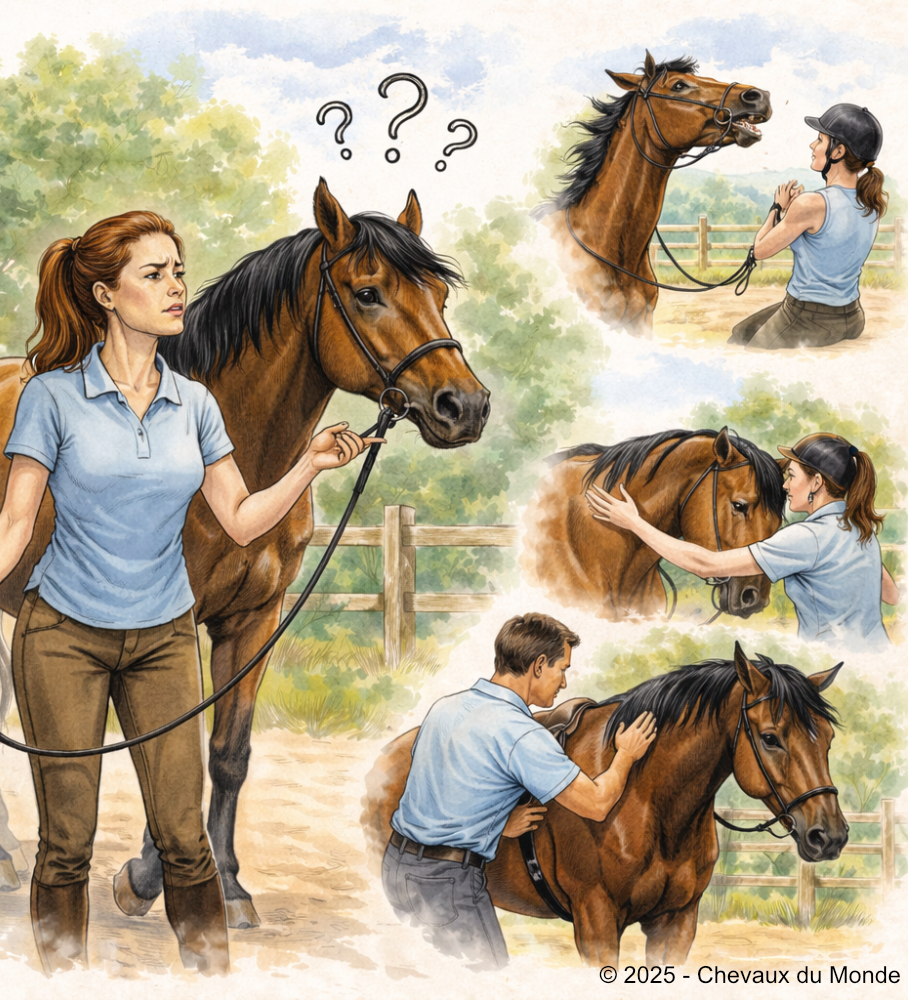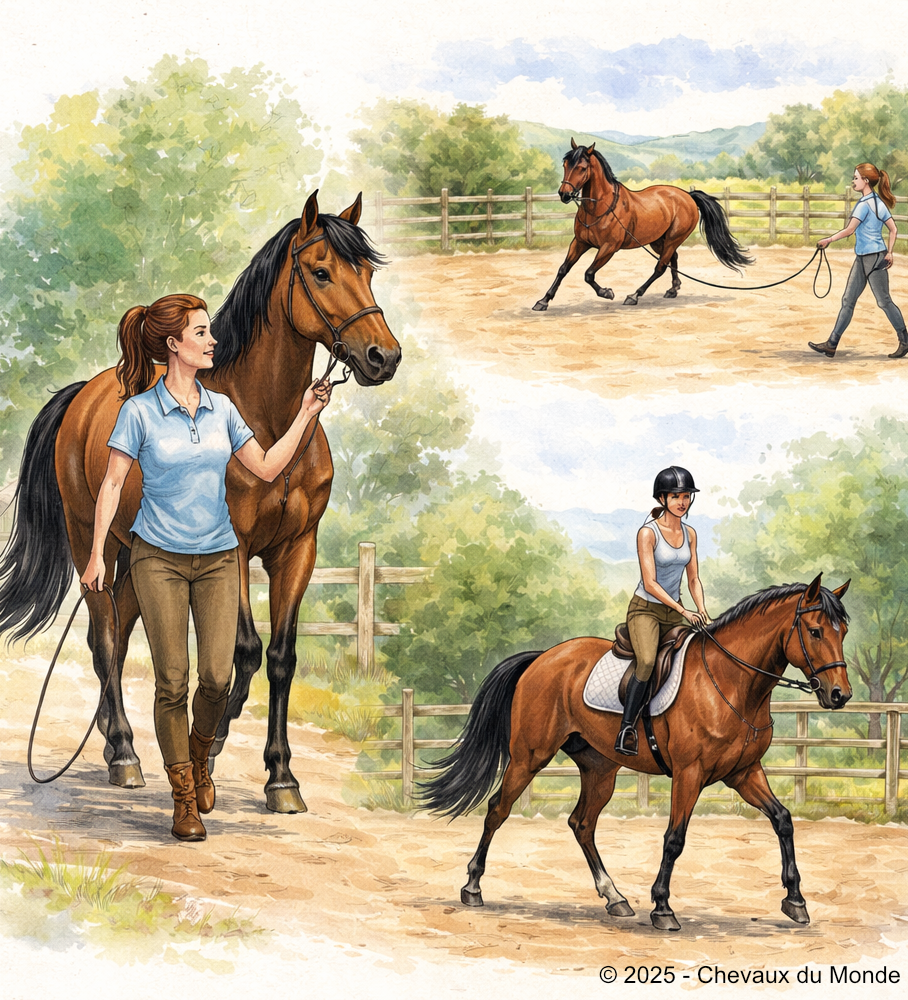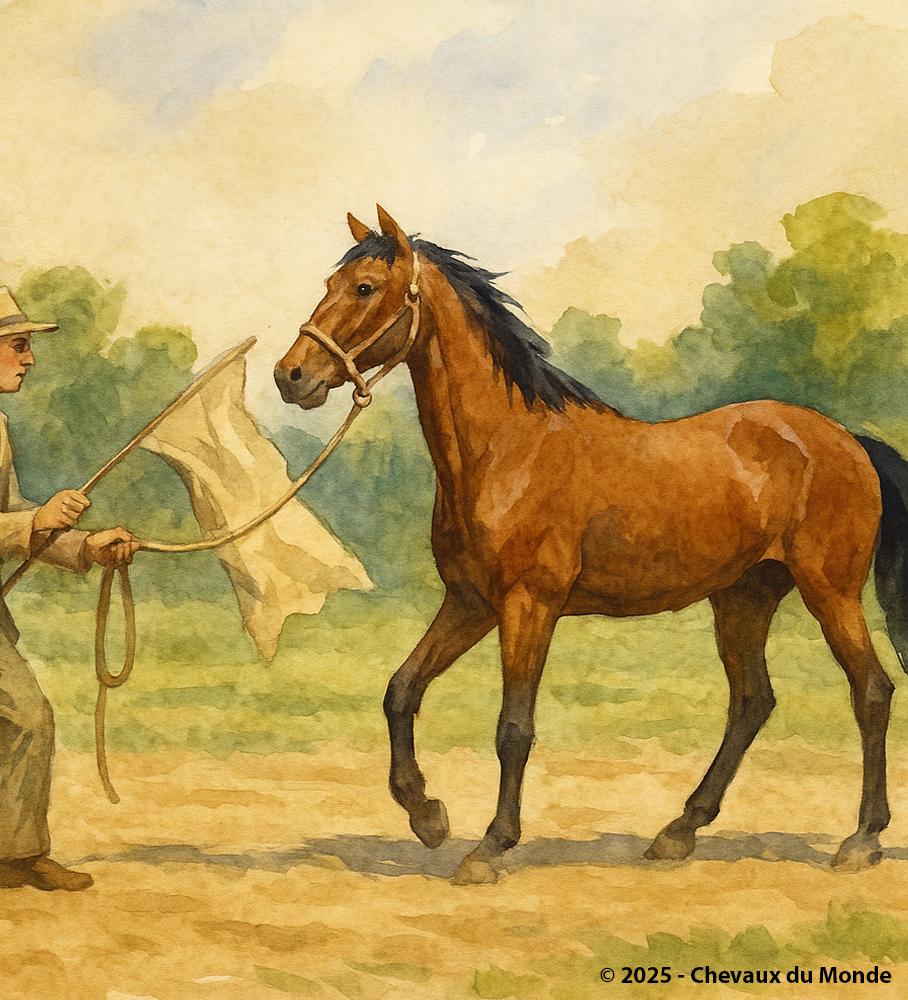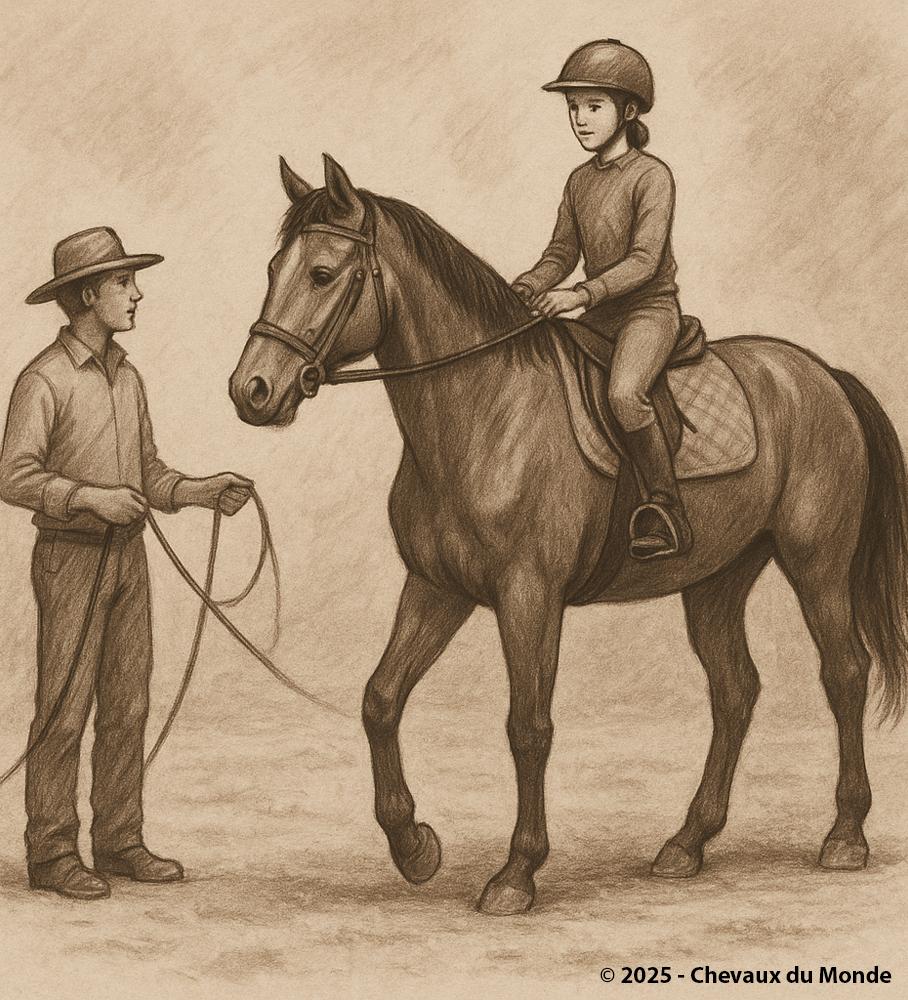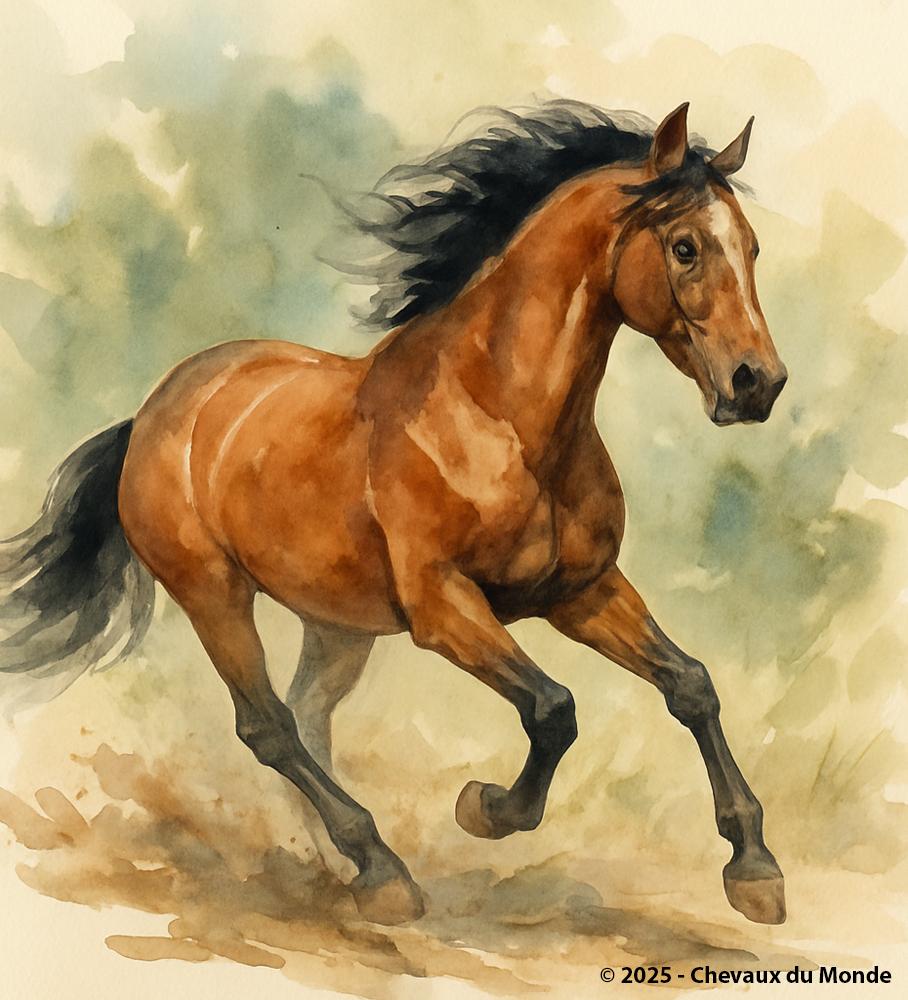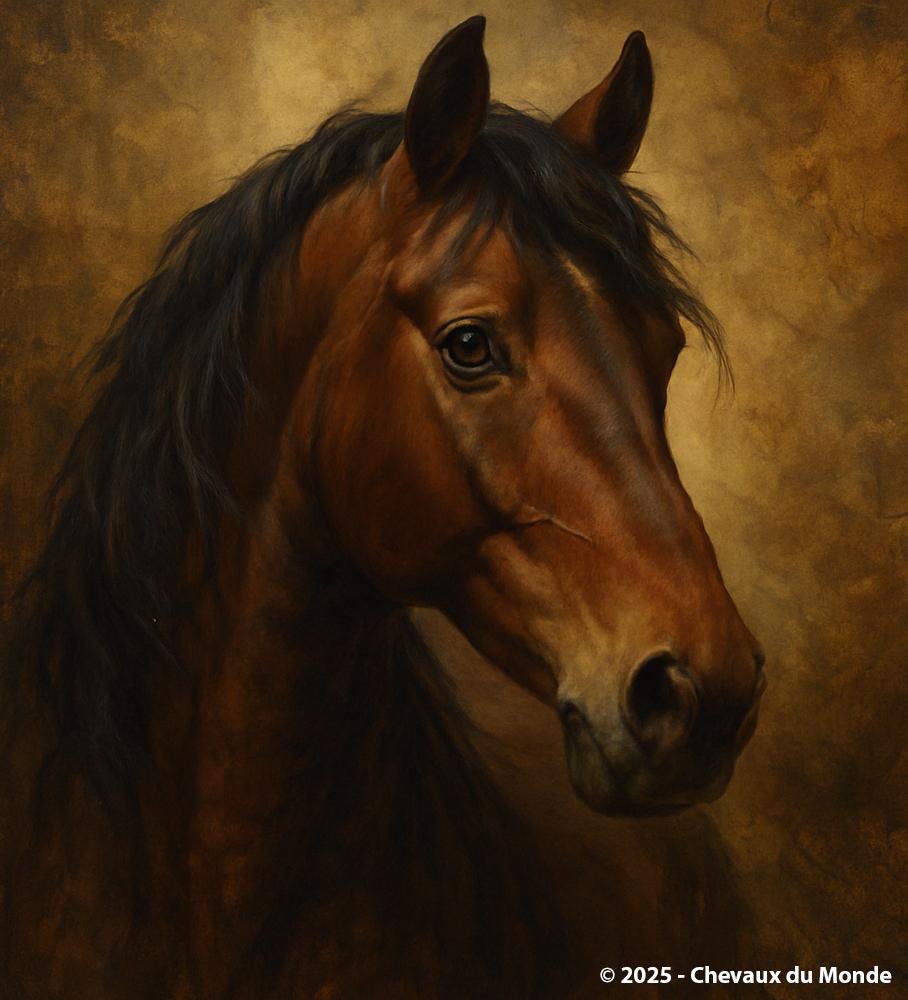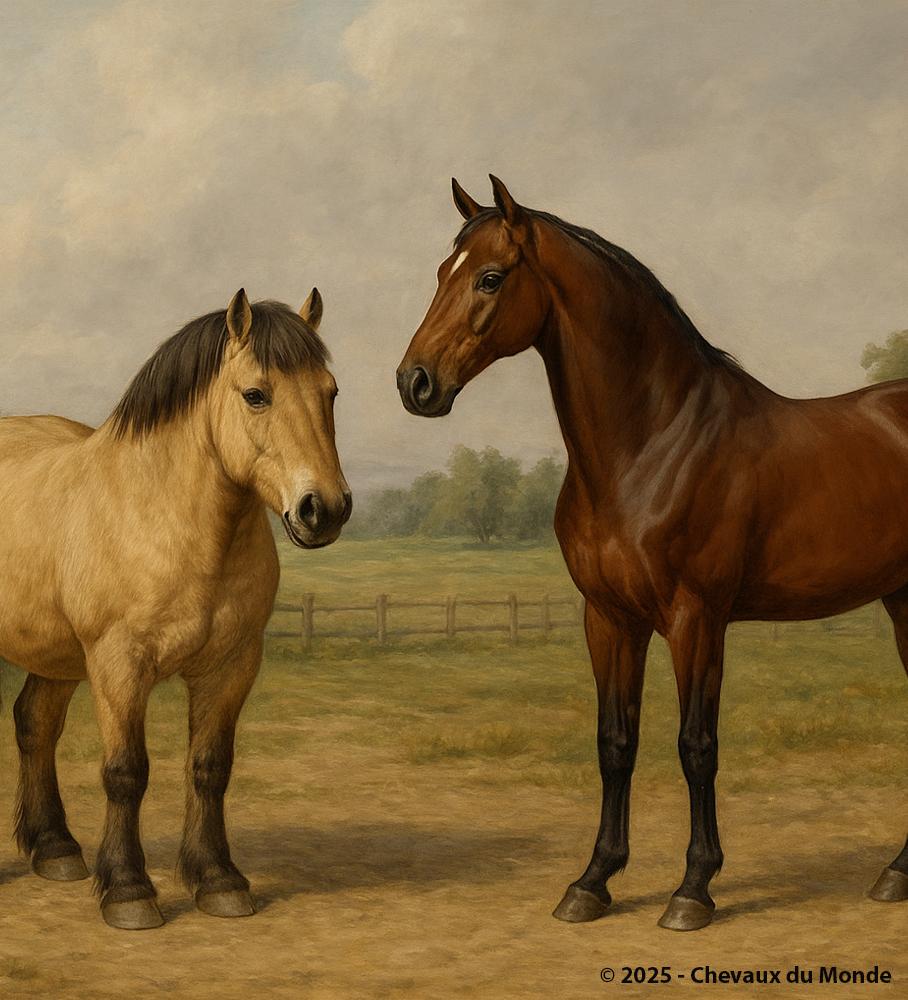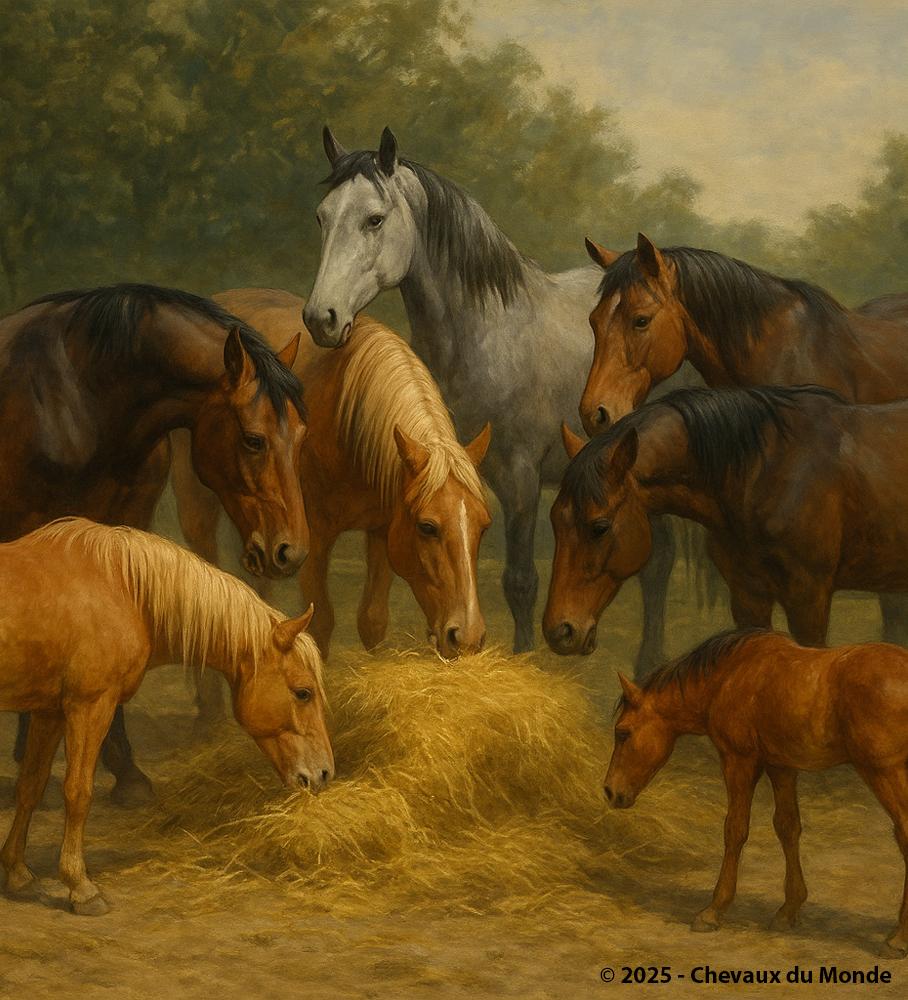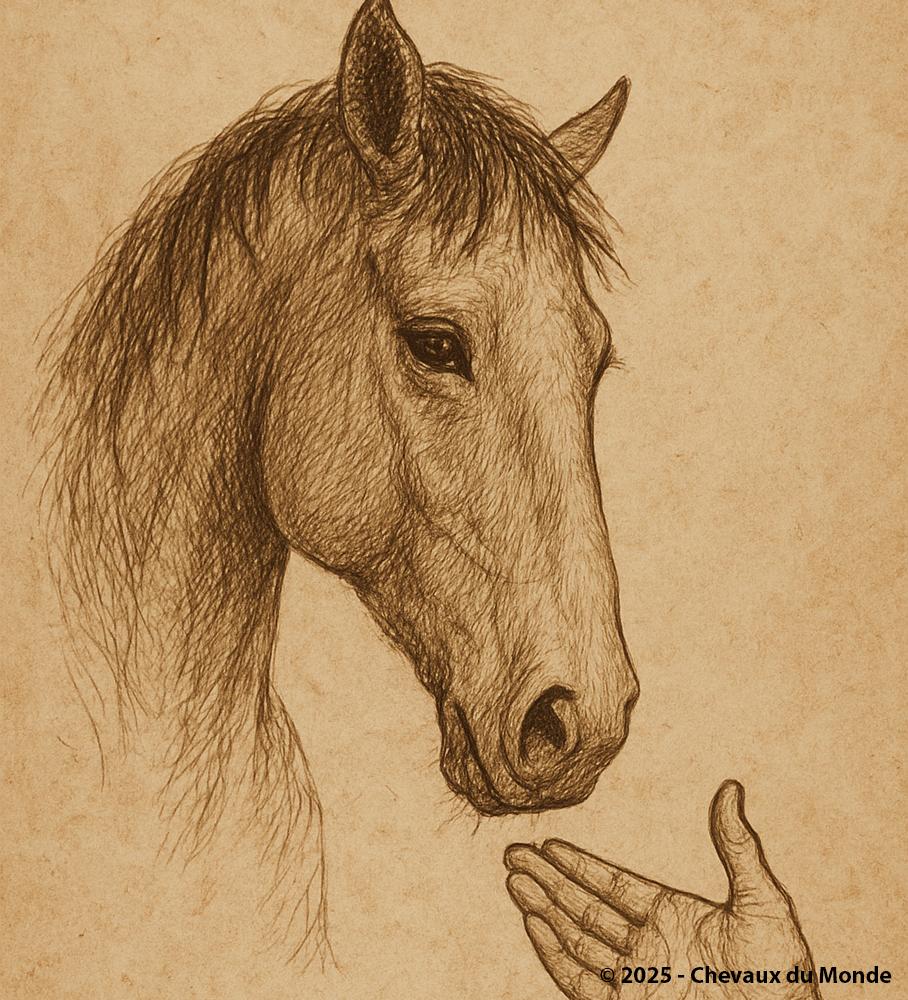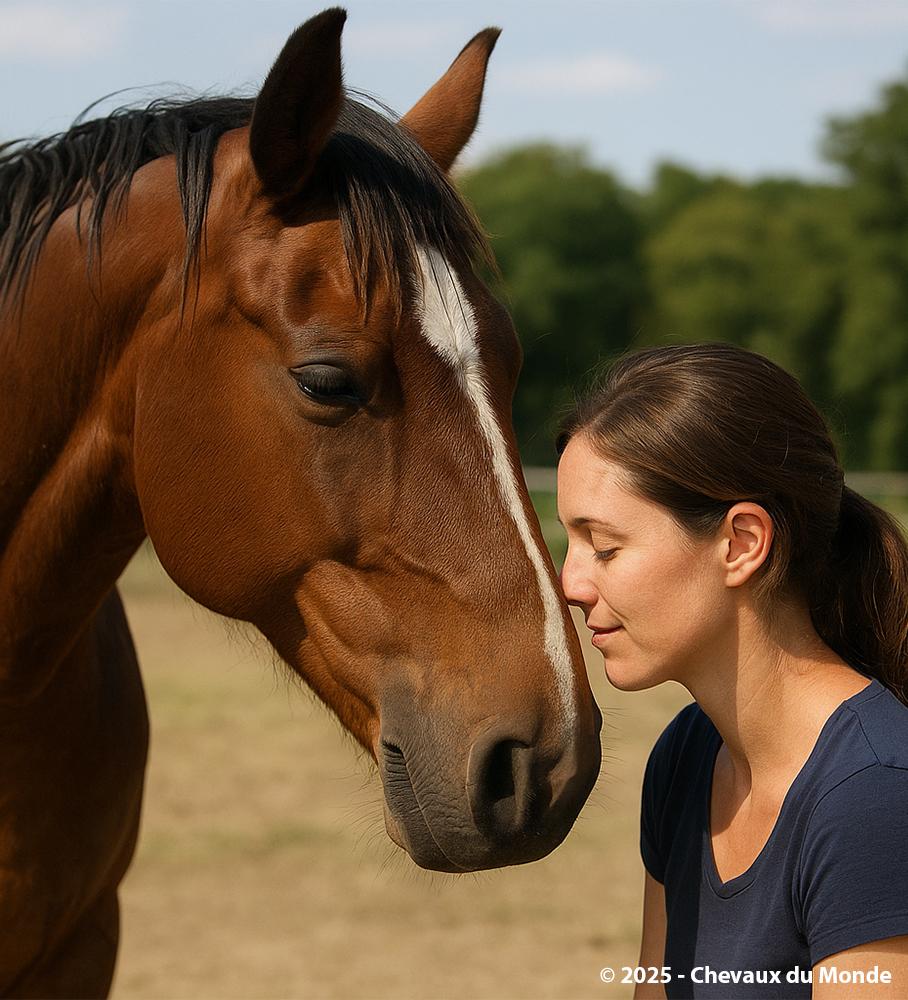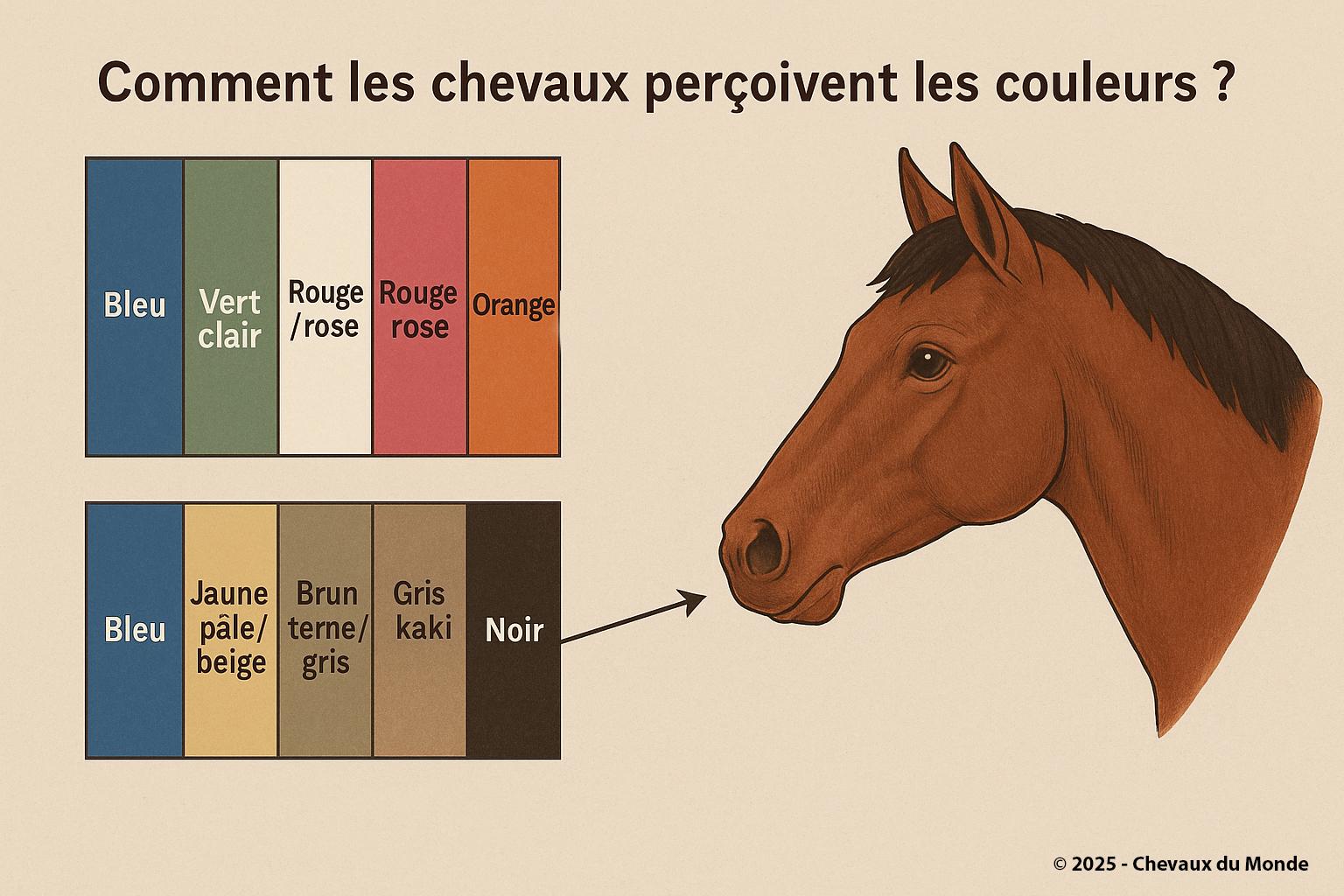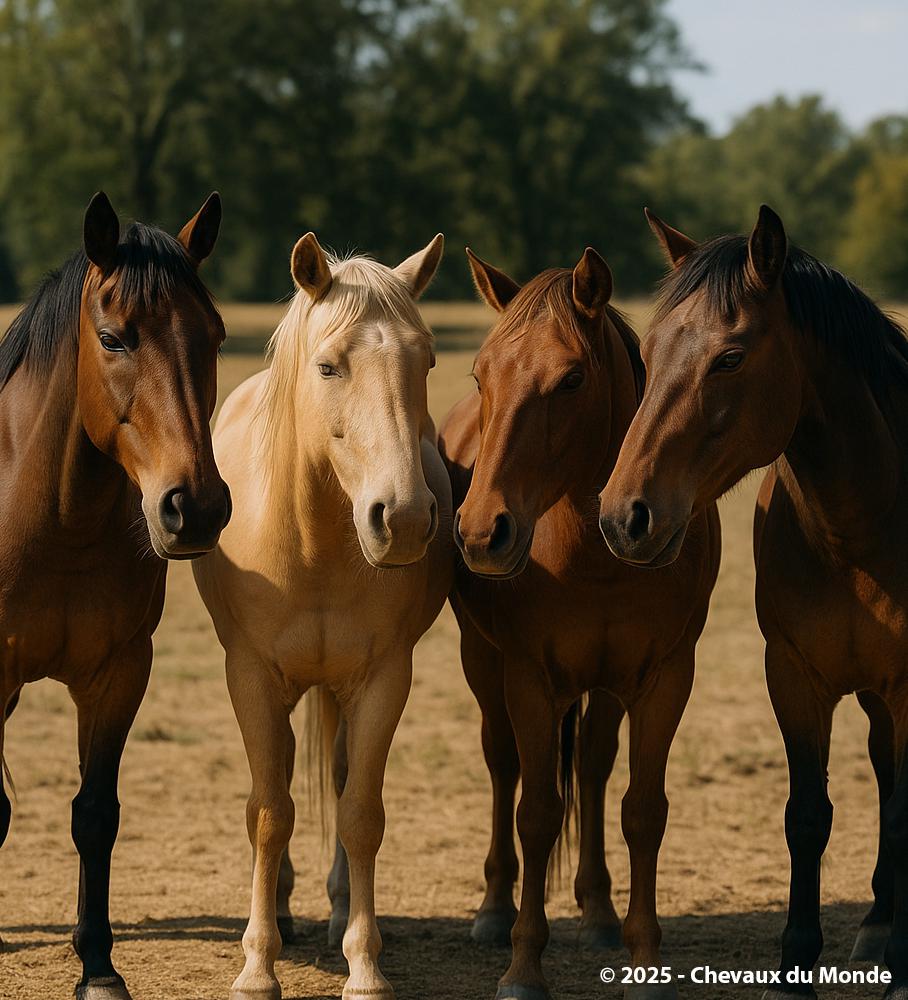PLAY AND SOCIAL INTERACTION IN FOALS
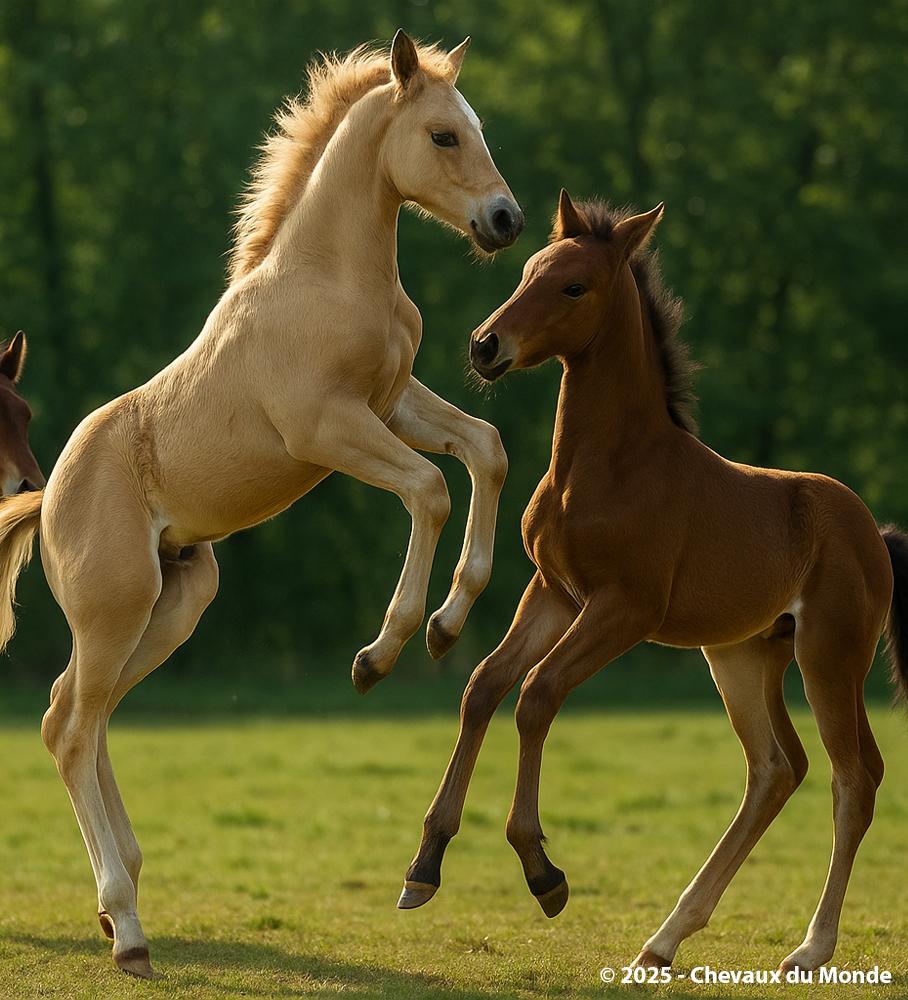
Learning through play: foal games are vital for physical growth, emotional development, and social bonding.
Foals, like most young mammals, spend much of their time playing. These playful behaviors are far from trivial: they contribute to physical development, social learning, and preparation for adult life. In horses, a gregarious species, early social interactions are essential to build a balanced temperament and strong relational skills.
I. Functions of Play
1. Physical Development
- Energetic running and kicking strengthen the muscles.
- Balancing games (bucking, leaping, quick turns) improve motor coordination.
2. Cognitive Development
- Play stimulates curiosity and exploration of the environment.
- It helps foals manage emotions (fear, excitement, frustration).
3. Preparation for Adult Life
- Foals simulate defense behaviors and hierarchical interactions.
- Males, in particular, engage in play-fighting and biting, useful later in competition for access to mares.
II. Types of Play in Foals
1. Locomotor Play
- Galloping in circles or straight lines.
- Improvised jumps, rearing.
- Group races between foals.
2. Social Play (Contact Play)
- Controlled nipping.
- Shoulder pushing.
- Playful mounting (without reproduction).
3. Object and Environmental Play
- Manipulating branches, objects, buckets.
- Exploring new areas (river, shelter).
III. Social Interactions within the Group
1. Learning Hierarchy
- Play allows foals to establish a social rank without excessive violence.
- They test the boundaries of their peers.
2. Role of Adults
- Mares (mothers and aunts) intervene to regulate excesses.
- Dominant stallions may tolerate or correct certain behaviors.
3. Strengthening Bonds
- Foals that play together develop trust-based relationships.
- Mutual grooming appears during the first year of life.
IV. Evolution of Play with Age
1. From Birth to Weaning
- Play is initially individual (kicks, solitary leaps).
- Around 2–3 months, it becomes cooperative with other foals.
2. After Weaning
- Dominance games become more important.
- Young males are especially active in playful fights.
3. Approaching Adulthood
- Play frequency decreases.
- Social behaviors resemble those of adult horses.
Conclusion
Play is an essential component of foal development. It contributes to physical health, social integration, and preparation for adult behaviors. Observing a group of young horses in the pasture reveals the richness of these interactions, combining energy, curiosity, and social learning.
"Play in foals is more than entertainment: it is a school of life."

